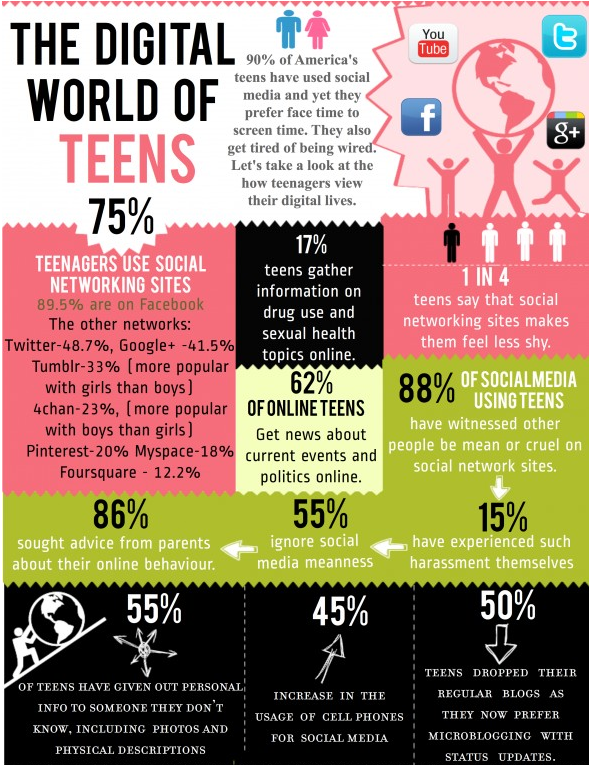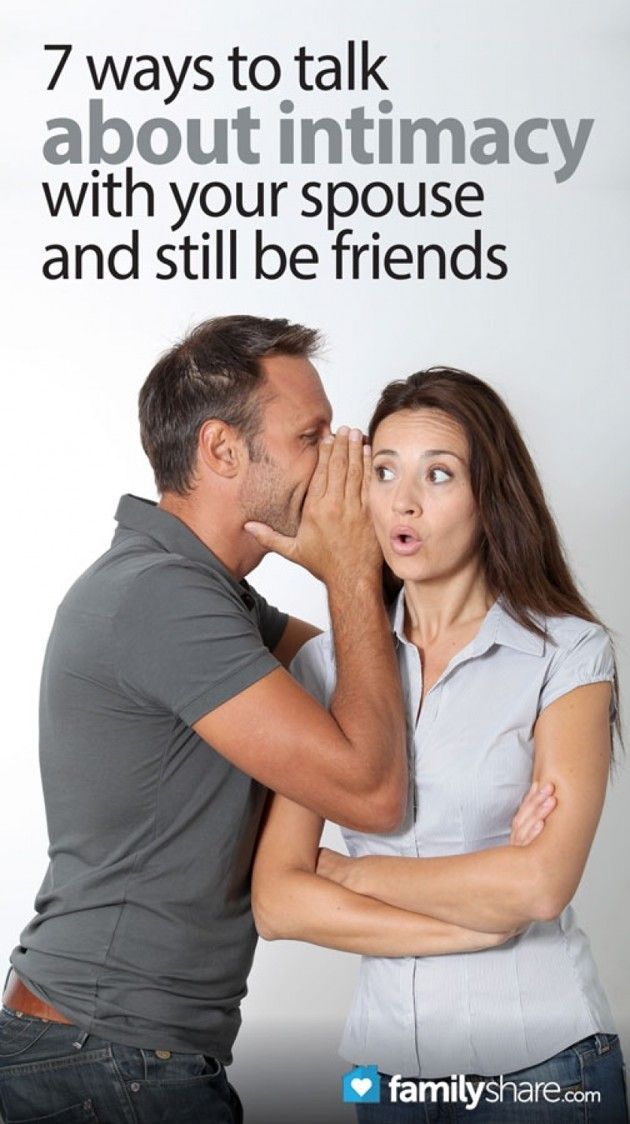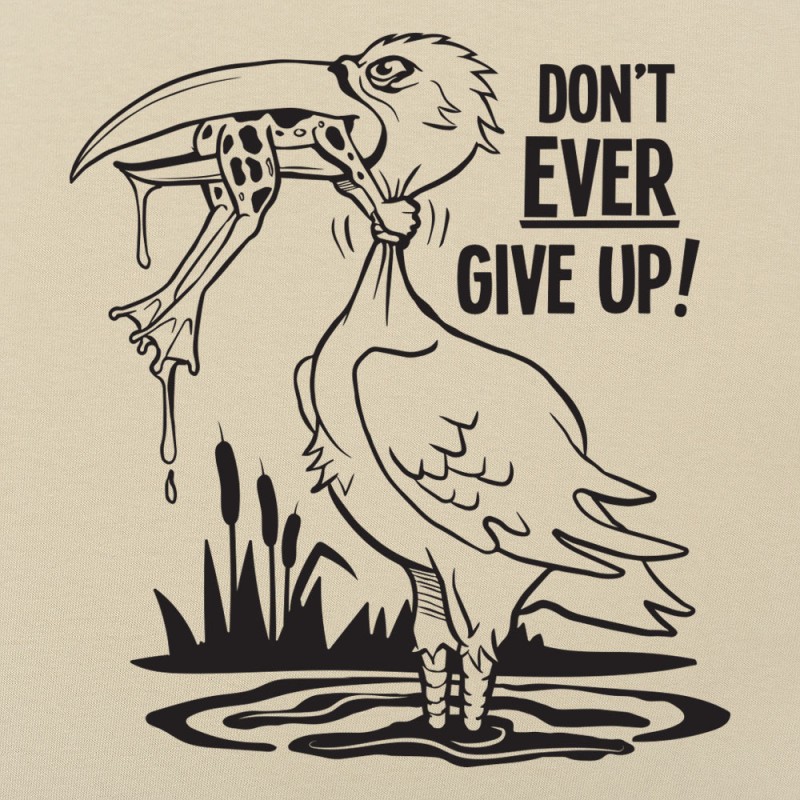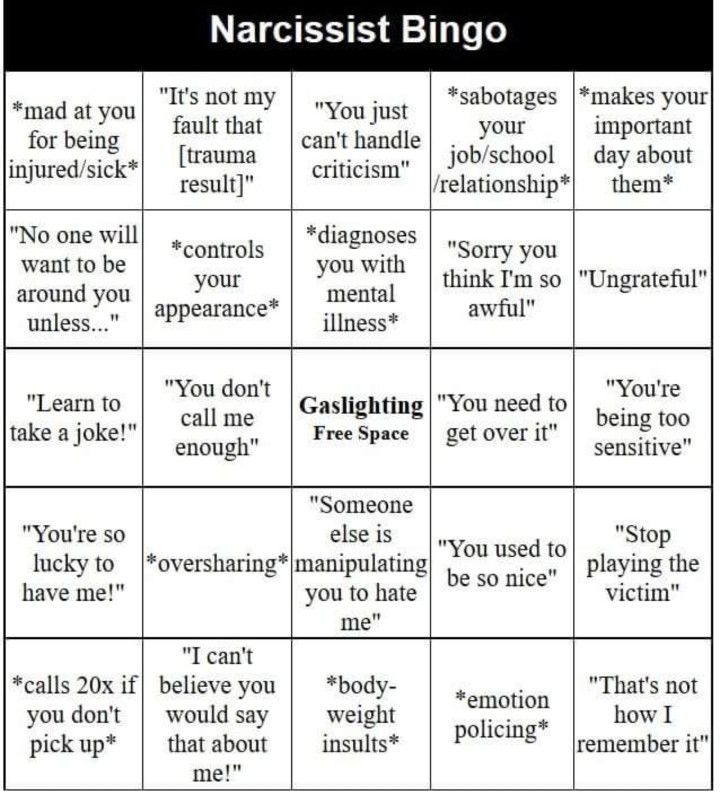Psychology of female friendships
How to Navigate Female Friendships
Source: Priscilla Du Preez / Unsplash
I had the pleasure of interviewing Danielle Bayard Jackson about female friendships, including the challenges of making friends in our mid-20s and beyond. Danielle's book on women and friendships will be available in 2024.
Does the way a person is brought up or the way that their parents handle conflict determine how they handle conflict with friends?
Sometimes my clients speak to that explicitly — "I don't know; in my house, we were just quiet for a long time, and then my mom will bring me dinner, and then I know we're over it." I think that for some cultures, that is how we agree to move forward — "I cut fruit up for you, and that says I love you." And there's an understanding. And maybe that is sufficient for some people and some dynamics. But I'm noticing if conflict was explosive in your house, you may have learned to be quiet to "make it go away."
Then maybe you repress in a friendship, and if there's an obvious problem, you're going to act like you don't see it. Or you may think, "What can I do to ‘earn’ a good status with her again?" which is not a healthy response. But then on the other side, aggressing is not helpful — to go back and forth. Or for many women, relational aggression is quieter. So I'm going to do little things like exclude you from this gathering, make little sarcastic comments, or share something about your reputation. All of those are unhealthy approaches, but yes, I would imagine they can come from however conflict was handled in your home.
What have you been surprised by the most in your work with women and friendships?
I guess I know this intellectually, but I'm constantly reminded of how friendship is the great equalizer. Because I will have a session with a 19-year-old who's in college, and she's like, "this is awkward, I've never had to make friends before," and then turn around, and I'm talking to a very high-achieving woman who owns her own business, and she is killing it in every other way.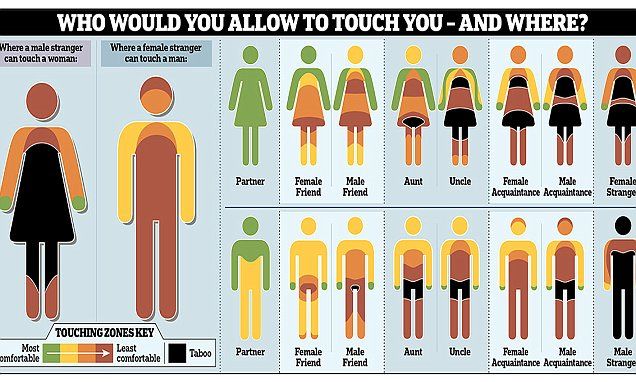 But there's something about her personal, private friendships — she feels like she can't get it right. It's just so interesting to see how universal it is and how we struggle because we were never taught friendship skills. Because it's assumed that we know how to make friends.
But there's something about her personal, private friendships — she feels like she can't get it right. It's just so interesting to see how universal it is and how we struggle because we were never taught friendship skills. Because it's assumed that we know how to make friends.
Is there a way that it can be taught? Is there a different way to teach people how to build friendships than what we are currently doing?
Honestly, especially as a former high school teacher, I think it should be approached from an academic level for kids at a young age. But I think from the beginning, we're telling young kids when they go to recess in elementary school, there's a time carved out in the day to go make friends. And sometimes we explicitly say, "Well, go play, go make friends." We never talk about how to do it the right way and how to be intentional about it.
And sometimes we don't need to work at making friends until after graduation. Because some of these social institutions have facilitated social opportunities for you.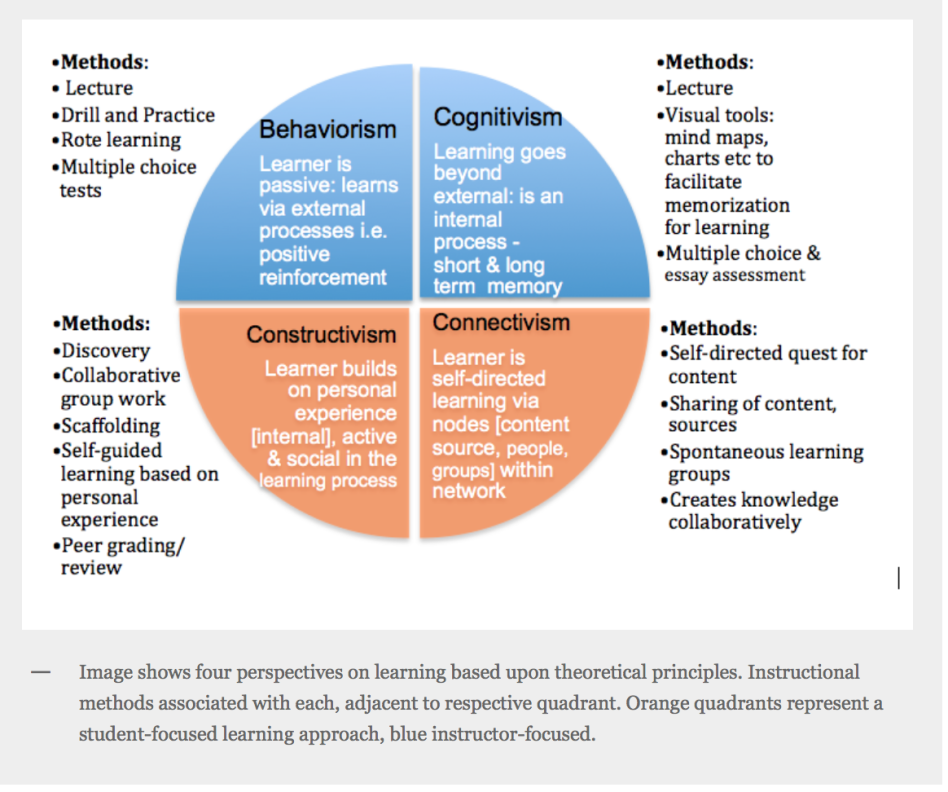 So you don't even know you need it until you hit the mid-20s, which is around the age young women start coming to me. I think it coincides with research that reveals that 25 or 26 is the age at which our social network begins to shrink exponentially. And it’s for all the reasons you might expect — you've left college, some people have begun prioritizing career advancement, they're trying to establish family ties.
So you don't even know you need it until you hit the mid-20s, which is around the age young women start coming to me. I think it coincides with research that reveals that 25 or 26 is the age at which our social network begins to shrink exponentially. And it’s for all the reasons you might expect — you've left college, some people have begun prioritizing career advancement, they're trying to establish family ties.
Around that age, you look around and think, "Wait, where did my people go? I don't know what to do to either rekindle those relationships or to find new people." I'm trying to make it a normal conversation. Because currently, the extent of the public dialogue about making friends is "you have friends, or you don't, and if you don't, what's wrong with you?"
So there's almost a punishing critique when this is actually a normal phase of development into adulthood?
Definitely. For women, I wonder if we see friendship as almost a status thing — “You don't want to be the woman who has no connections. " So I've seen women stay in toxic friendships too long because it's “better than not having connections.” So there are a lot of things we do to at least have some semblance of a relationship, even if it's detrimental. Socially, [connections] are important for women.
" So I've seen women stay in toxic friendships too long because it's “better than not having connections.” So there are a lot of things we do to at least have some semblance of a relationship, even if it's detrimental. Socially, [connections] are important for women.
So the saying “it’s not what you know, it’s who you know” can actually be damaging to people. They will maybe stay in friendships because “I need to know this person for my career.” Is that what you find? That it’s at least partly about the networking aspect?
Yes, I definitely see that among women who are in the business world. A young lady I worked with said, “I don’t have personal connections. It always turns into business.” I asked her what that was about. She said, “I guess that’s such a heavy part of my identity that even if I’m meeting somebody in a social sphere, I’m taking it back to work.” I asked her, “What else do you have going on? What else do you value? How else do you identify?” She said, “Gosh, I don’t know. ” Some of us don’t know what it’s like to have a person in our life where we just want their companionship.
” Some of us don’t know what it’s like to have a person in our life where we just want their companionship.
So it’s maybe changing the definition of friendship to just sharing space with someone.
Yes, exactly.
You can listen to a complete audio version of our interview here.
Copyright 2022 Sarkis Media LLC
Exploring the Differences Between Male and Female Friendships
When I was out at dinner with my husband, he told me that our mutual friends of 20 years had decided to end their marriage. I wanted to know details: the why, the when, the where.
But he didn't have these details, and when I pressed for answers, he said his friend brought it up briefly with a group of close guy friends, then moved on to a different subject. Not many questions were asked; not many details were given.
If I was with a group of my girlfriends, and this topic was discussed, we would talk about the juicy details: the why, the when, the how, and the now what.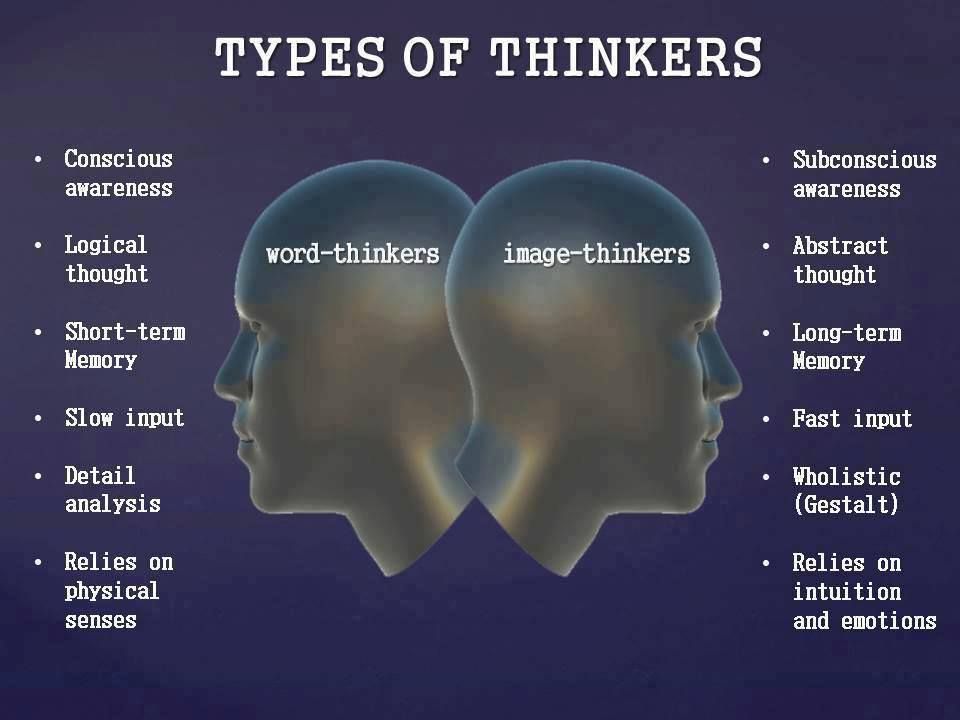
This specific example paints the perfect picture of the differences between men and women in terms of friendships.
The recipe for a female friendship
Female friendships thrive on intimacy and emotional connection. We, as females, want to talk about feelings, want to experience physical touch, want direct and dependent face-to-face contact. We want to feel emotionally connected and supported.
The research behind the importance of female friendships is strong. According to a study published in the Journal of Clinical Oncology, women with early-stage breast cancer were four times more likely to die from it if they didn't have very many female friends. Conversely, women with early-stage breast cancer with a larger group of female friends have a higher survival rate, regardless of the physical distance between these female friends. As women, we rely on each other to give advice, be a shoulder to cry on, be an emotional support system, hold and protect secrets, boost self-esteem, and lend a listening ear. Our girl tribes are strong, and as a result, a solid and healthy female friendship is something that every woman can benefit from.
Our girl tribes are strong, and as a result, a solid and healthy female friendship is something that every woman can benefit from.
The intimate, face-to-face relationships between women have a lot to do with oxytocin, the bonding or "love potion" hormone that is released from the posterior pituitary during childbirth and nursing. Studies have shown that when women are stressed out, they do not just resort to the "fight-or-flight" response but also release oxytocin, which allows women to nurture and "tend and befriend." It is believed that oxytocin is the reason why women have a natural "motherly instinct," and as a result, female friendships are based on emotional intimacy and connection.
"Women have a larger behavioral repertoire than just fight or flight; it seems that when the hormone oxytocin is released as part of the stress responses in a woman, it buffers the fight or flight response and encourages her to tend children and gather with other women instead.
When she actually engages in this tending or befriending, studies suggest that more oxytocin is released, which further counters stress and produces a calming effect."
The recipe for a male friendship
Friendships between males tend to be more transactional. Men tend to value friendships that are more shared activity-based (playing basketball, poker, or golf, or watching a football game) rather than the intimate, face-to-face relationships that women have.
Men do not feel the desire or need to discuss every intimate detail and change in their life with a male friend. They also do not feel the need to constantly stay in touch, as men can go for long periods—months or even years—without having contact with a male friend, but still consider that person a close friend.
In contrast, if a woman does not keep in regular, close contact with one of her girlfriends, she most likely will assume the friendship has grown apart or her friend is no longer interested in having a friendship with her, potentially even assuming the friendship has ended. Although male friendships tend to be more transactional and less intimate than female friendships, male friendships are generally less fragile than female friendships. Men tend not to wear their emotions on their sleeve, not to question the motives of others, and not to feel pressure to disclose personal details and intimate secrets to maintain their friendship with another male. On the contrary, females bond through secret sharing and emotional intimacy, which can potentially create volatility in a friendship, especially if this sharing is one-sided.
Although male friendships tend to be more transactional and less intimate than female friendships, male friendships are generally less fragile than female friendships. Men tend not to wear their emotions on their sleeve, not to question the motives of others, and not to feel pressure to disclose personal details and intimate secrets to maintain their friendship with another male. On the contrary, females bond through secret sharing and emotional intimacy, which can potentially create volatility in a friendship, especially if this sharing is one-sided.
While men may not share their deepest and most secret feelings with their close male friends, research shows they are more apt to share them with a wife, girlfriend, sister, or other platonic female friends.
Friendships are meaningful, regardless of gender
Humans are social creatures, regardless of whether you are an introvert or an extrovert, and therefore we crave to be around others. Friendships help us create a community with like-minded individuals. A healthy friendship can teach us about joy, empathy, trust, honesty, integrity, communication, and many other key characteristics that we need to evolve in all aspects of society. Healthy friendships are known to decrease rates of dementia and obesity and increase longevity.
A healthy friendship can teach us about joy, empathy, trust, honesty, integrity, communication, and many other key characteristics that we need to evolve in all aspects of society. Healthy friendships are known to decrease rates of dementia and obesity and increase longevity.
The impacts we feel when we don’t feel connected through friendship
When we don’t feel connected, we can feel lonely and isolated, which can stir up many negative feelings that may lead us down the road to depression and anxiety. Isolation can negatively affect our self-esteem, leaving us feeling inept or not good enough. As a result, we may not feel worthy of being in a friendship, and we may hinder meeting new friends.
We may even turn to alcohol and drugs to numb our feelings of loneliness. When we begin to feel lonely but do not have healthy coping skills to sit and deal with feelings of loneliness, we can quickly board a train going to deep, dark places. Sometimes feeling lonely is inevitable, but it is how we learn to overcome these times, and these healthy coping skills come with positive self-esteem, gratitude, and happiness.
Why are friendships hard to establish and harvest as adults?
Making friends as an adult is hard. We are no longer kids on the playground, and we no longer have high school and college to give us a wide selection of peers to befriend. Most adults meet new friends through work, but what if you work remotely, especially in this day and age?
Friendships are difficult to start as an adult for many reasons:
- We don’t have a community to help us find friends within our peer group, and therefore it is harder to meet people in general without having a playground or a college campus.
- As adults, we most likely have already established our likes and dislikes. We know what we want and what we don’t want. We most likely have experienced some rejection and trauma, and as a result, we are picky. We want to make friends with people we mesh with, and we want to make sure we trust these people. As a result, adults can be wary of making new friends, because they don’t want to enter into a potentially toxic situation.
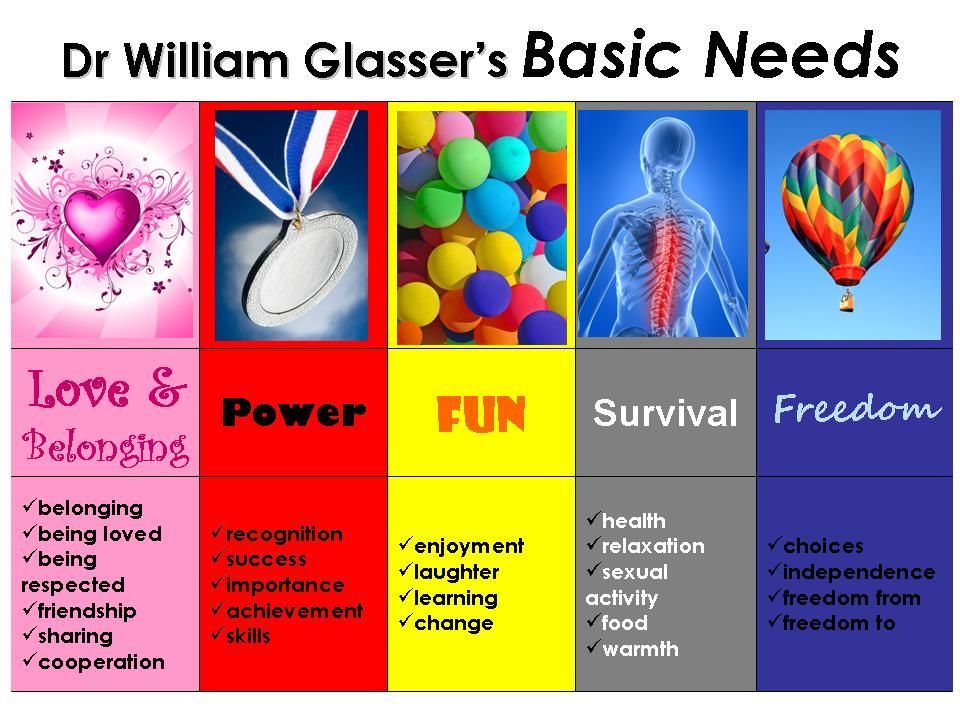
- We are busy, and trying to establish a new friendship takes a great deal of time, commitment, and effort.
Women's friendship: unwritten rules | PSYCHOLOGIES
Man among men
Anna and Katerina are old friends. They usually have lunch together once a month, and Anna, as a rule, openly shares what is happening in her life, while Katerina is more reserved, but always ready to respond and give useful advice.
This time it is noticeable that Katerina is under stress - literally at the limit. Anna begins to ask her friend what the matter is, and she breaks through. Katerina's husband, who had never stayed long at any job before, now decided to devote himself completely ... to writing a novel. Under this pretext, he does not work, does not take care of children, does not take care of the housework, because this "interferes with creativity." Everything fell on the shoulders of his wife, who is forced to spin at two jobs, raise children and take care of the house.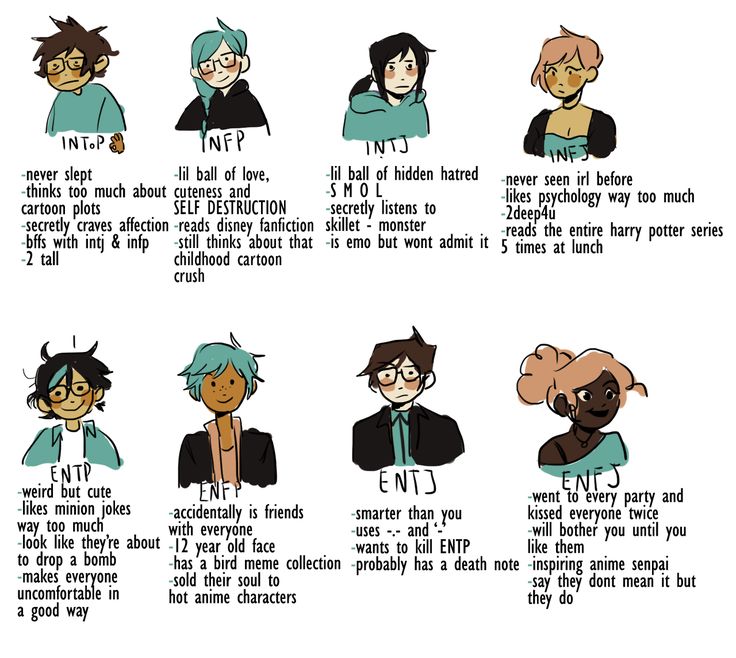 nine0003
nine0003
Katerina took it all upon herself, and Anna is horrified by this. She directly expresses her opinion that her friend's husband is not a writer, but a parasite who simply uses her, and is not able to write anything good himself. She even states that her friend should file for divorce.
Lunch is interrupted by a call from her husband - something happened at school with one of the children. Katerina breaks down and leaves.
Later that day, Anna calls her to see if the baby is okay, but her friend doesn't answer. No calls, no texts, no emails. This is how week after week goes by. nine0003
Friends, even old ones, can be replaced more easily than other loved ones.
Medical college professors, clinical psychologists Shoba Srinivasan and Linda Weinberger cite this story as an example of breaking the unspoken rules of female friendship. Referring to research by psychologists and sociologists, they argue that there are rules in friendships, many of which are related to loyalty, trust, and behavior, such as keeping commitments.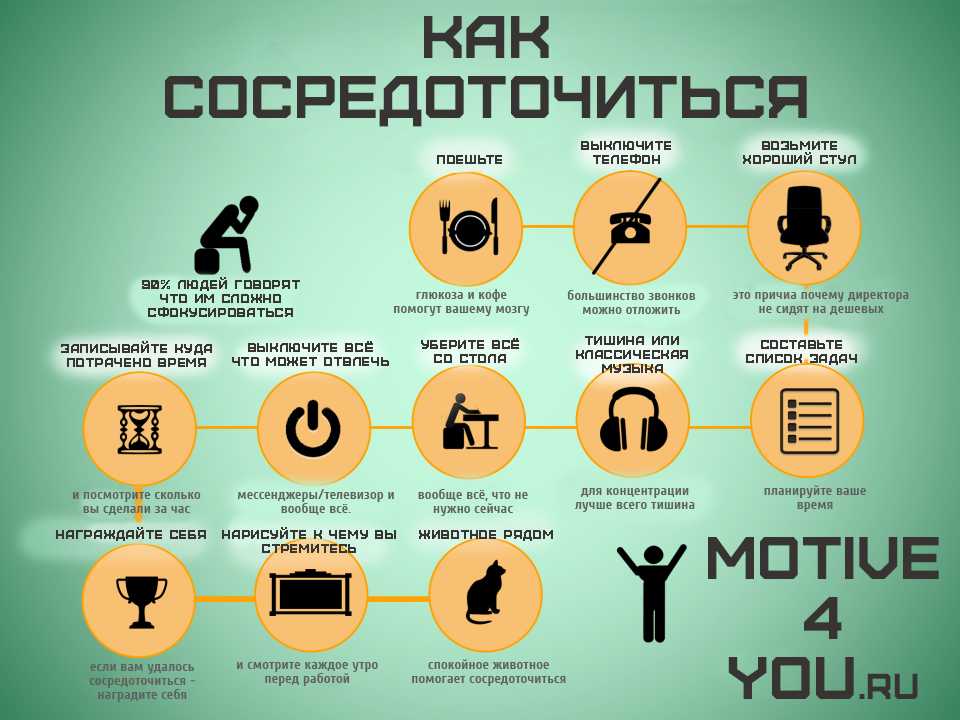 These “rules of interaction” ensure stability in relationships. nine0003
These “rules of interaction” ensure stability in relationships. nine0003
Researchers have found that women tend to have high expectations of their friends—more so than men—and demand high levels of trust and intimacy. The level of intimacy in female friendship is determined through peculiar "rules of disclosure". Thus, close friendship involves the exchange of feelings and personal problems. But the norms for such “rules” can be ambiguous. And when such a rule is violated, friendship can be in danger.
Breaking up a relationship that seemed close can be both painful and incomprehensible to the other side. Openness, desire to spend time with each other and provide emotional support are aspects of close relationships. Anna believed that she and Katerina were close friends, because she was used to telling her about her problems and getting advice. nine0003
What did Anna do wrong? Psychologists believe that she violated the unspoken rule of their friendship: Katerina was the one who gives, not receives advice. Anna also intruded into a very significant, personal area of her friend's life: she voiced the fact that Katerina married a difficult man, and in doing so, threatened her sense of self.
Anna also intruded into a very significant, personal area of her friend's life: she voiced the fact that Katerina married a difficult man, and in doing so, threatened her sense of self.
Some friendships may seem strong but are actually quite fragile. This is because friends, even long-term ones, can be more easily replaced than other close ones, such as relatives or romantic partners. Therefore, intimacy in friendship is changeable. Its level may depend on the context: for example, increase during periods when people have common activities or interests, when both parties are at the same stage - for example, they are single, divorced, or raising small children. Intimacy in friendship can wax and wane. nine0003
Psychologists suggest taking into account the unwritten rules of friendship:
- If you are going to give your friend peremptory advice on solving her problem, you should think about whether she needs it and how she can perceive your words.
- Not all friendships involve a high degree of frankness, disclosure of personal problems or feelings.
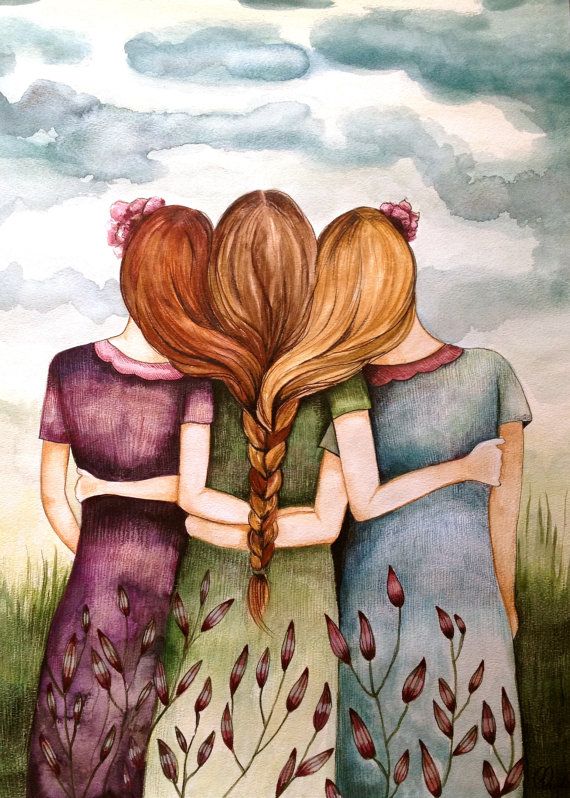 It happens that we enjoy spending time together without having heart-to-heart conversations, and this is normal.
It happens that we enjoy spending time together without having heart-to-heart conversations, and this is normal. - Sometimes disclosure-based intimacy is one-way, and that's okay too. nine0030
- A friend may feel more comfortable being a counselor rather than receiving advice. Don't try to strike a "balance".
- Do not confuse the need to be heard with a request for an opinion.
- The duration of acquaintance is not an indicator of intimacy. A long period of communication can give a false sense of intimacy.
Unless a friend is in danger of domestic violence, do not criticize her spouse , of course, this did not have time to become part of a relationship when both friends appreciate each other and are ready to accept such judgments). A friend is not a psychotherapist. nine0030Do not point out or blame your friend for not changing anything in the situation after receiving our advice. Unless a friend is in danger due to domestic violence or emotional abuse, do not criticize her spouse or partner:
- especially if we personally do not like him (our feelings in this case will be obvious),
- even if we think we are giving a legitimate analysis of her partner's behavior,
- unless such a format for exchanging information about partners has already become an established bilateral aspect of friendship.

Friendship is important for our psychological well-being: it satisfies the need for affection, belonging and identity. It has many subtle settings: the level of comfort of each, the degree of openness and delicacy. Understanding the unwritten, unspoken rules in a relationship can save a friendship.
About the authors: Shoba Srinivasan and Linda Weinberger are clinical psychologists. nine0064
Text: Elena Sivkova Photo source: Getty Images
New on the site ex”
Laws of arousal: is it possible to tame sexuality — the answer of a psychoanalyst
5 books about adultery: the choice of a literary critic
Happy marriage: how to improve relationships in a couple
Quiz: What do you consider true love? nine0003
“I didn’t have time to confess my feelings to a guy – he passed away a month ago”
How to get rid of mental parasites: 8 steps – start drawing resources from within
time bomb or sunlight?
Historically, in our society, such an opinion has formed that the only shoulder that is reliable is male, therefore, in a stressful situation, you need to focus on finding a firm male hand.
And female friendship is a shaky and short-lived concept, up to the first man, whom friends must certainly begin to share. Is this really so and is there a real strong female friendship that can withstand any test? We asked psychologists and psychotherapists about this. nine0003
How women's friendship differs from men's
“It's sad that the topic of women's friendship is mostly viewed through the prism of “betrayal” or “setup,” says psychologist Irina Pilkevich. - Where do such ideas come from, grow stronger and accompany us throughout life? I am afraid that I will not be original in this, but this is experience, experience and experience again. In early childhood, people make friends regardless of gender. The main activity is the game itself and the relationship does not have a leading role. As you grow older, everything changes and now you can clearly see the flocks of separately boys and separately girls. They communicate and learn to build close friendships. Including consciously learn to compete.
nine0003
Both boys and girls learn to make friends and compete. Why is female friendship often called into question? Psychologists believe that "male" and "female" friendships are based on different things. Men are friends when they have something in common (business, hobby, or they have learned to interact well in something else). And female friendship, as a rule, lives in the sphere of feelings and emotions. And most often it is built according to the formula "we have a common problem." Here is what 9009 said5 psychologist Evgenia Burzunova : “It is very important for any woman, regardless of age, to discuss the difficulties and twists and turns of her life, even if she knows how to solve them. The main task of such interaction is to share emotional experiences, and not to seek a solution or receive advice (this is also important, but secondary).”
According to the psychologist, the female psyche is arranged in such a way that it produces a large number of emotions, and a woman can “live” these emotions to the fullest only by sharing them with someone: with a neighbor, sister, husband, psychologist, priest, and so on .
If a woman is deprived of this opportunity, for example, due to the idea of "controlling herself", then she risks not only her mental health, but also her own relationship with a man. First, unlived, repressed emotions - like a time bomb - can gradually lead to a depressive disorder. Secondly, there is a great risk that a woman deprived of emotional communication with her friends will try to “unload” as much as possible in communication with her man. Not knowing that the male psyche works on a completely different principle, and you need to be able to “correctly” express emotions in the presence of a man, a woman can jeopardize her relationship with him. Irritation of the husband is the most frequent consequence of such ignorance. nine0003
“That's why it's so important to have girlfriends, because often it's a girlfriend who can bring to life what she lacks: the opportunity to communicate openly, 'complain', support at the right time,” says Evgenia Burzunova. - This is the correct, normal mental hygiene for any woman, a kind of friendly symbiosis.
By the way, let me remind you that "symbiosis" is a mutually beneficial coexistence, so friendship does not survive where one of the parties simply uses the other.
frame from the series "Women in Love"
What are relationships like in women's tandems
However, psychologists believe that there can be a great variety of variants of female friendship in which mutual emotional support is successfully realized. At the same time, the closeness in a couple can be completely different. Here are just some options ( gestalt therapist Kristina Lavrentyeva shares her observations ):
- Lovebirds: we don’t remember how and when we met, it was in kindergarten, but we will be friends until death separates us. nine0030
- Friendship based on mutual support, which, for example, does not exist or was not in the family due to the workload or emotional insufficiency of the parents.
- It happens that relationships are built on mutual complementation, one is cheerful and courageous, and the other is quiet, but really wants to take part in the celebration of life that the first one is starting.
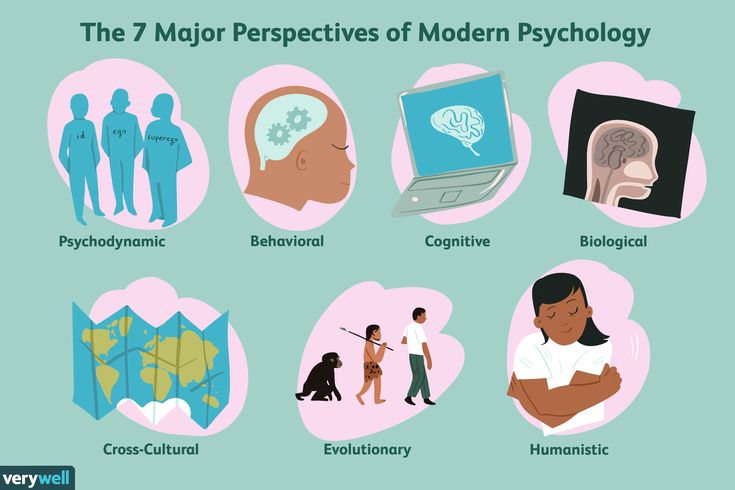
- The best friend is “mommy” (of course, in a figurative sense: a friend is older and, as it were, takes the position of patroness in relation to her younger friend). nine0030
- Business friendship, when only mutually beneficial partnerships and nothing personal (they can attend social events, travel together, provide each other with useful contacts, but, for example, not know if a friend has children and how old she is, because this a personal matter of each or just not interested).
- "Queen" and "maid of honor". The first is most often a beautiful girl who is wildly popular with men. And the second is ready to remain on the sidelines, just to be gifted with the love of a bright girlfriend and the attention of men who could not interest the "queen". nine0030
- Fighting girlfriends: met in high school or at the institute, went on hikes together, lived and mourned unsuccessful love, and so on.
frame from the series "Women in Love"
Constructive and destructive relationships
Regardless of the scenario in which friendship develops, relationships in couples can be constructive and destructive.
It is from destructive relationships that the myth grows that female friendship does not exist at all. nine0135 “If you try not to allow into your life those types that violate your personal boundaries, secretly or openly, then female friendship, like male friendship, obeys the same patterns: we communicate with those who are close to us in terms of worldview, who accept us as fully as possible and loves us for who we are. And we reciprocate them,” says clinical psychologist Natalia Branitskaya .
What distinguishes a faithful life partner from a pseudo-friend who destroys your life? According to psychologist Tatyana Pavlenko , you really have a relationship with a friend if your relationship is built according to the following principles.
- Mutual selfless work. You help each other just because you enjoy doing it, not counting on gratitude or help in the future. The true friendship of two women is mutual assistance. A real friend will never say that she has suffered inconvenience and difficulties through helping you.
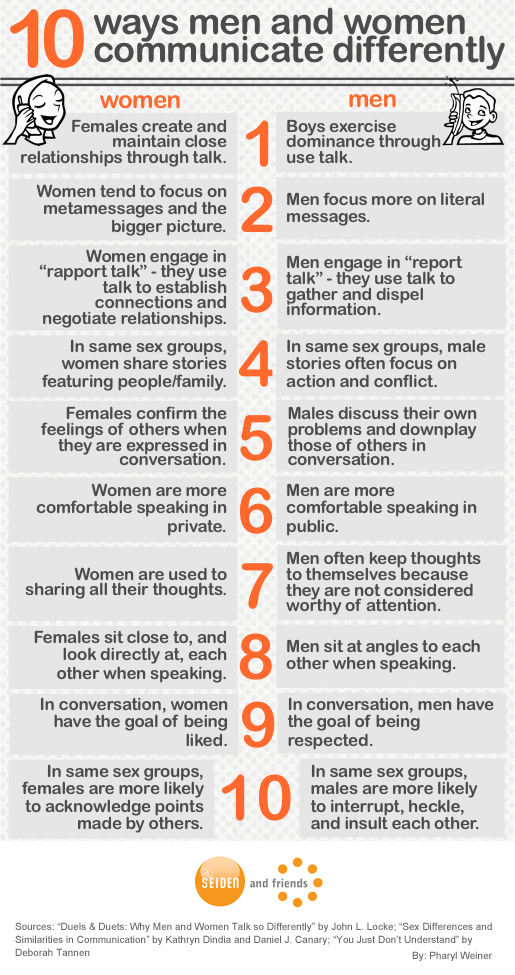
- No gossip in your relationship. If one of the mutual acquaintances speaks unflatteringly about you, a friend will never support such actions and will easily put the offender in his place. A close friend will never tell you about this episode, "savor" the details, watching your reaction. nine0030
- Each of you has personal relationships with men. Many, quarreling with boyfriends or husbands, run to share this problem with a friend in order to get support. But a good friend never gives “dump that ass” advice without a very good reason. Also, do not let a woman into your life who deliberately wants to quarrel you with your man.
- The presence of constructive criticism in your communication. It is important not only to hear praise, but also smart, cautious criticism that motivates you to work on yourself. Your conversations should bring you development, not degradation of the mind. nine0030
It's up to you to choose who to be friends with! Sincerity, tenderness, recognition of female sexuality, support, love freely live in constructive female friendship.
